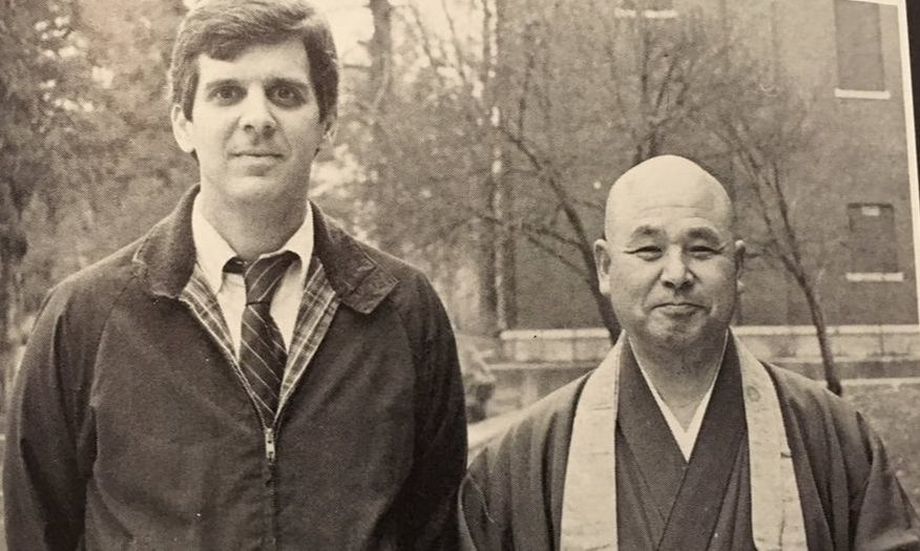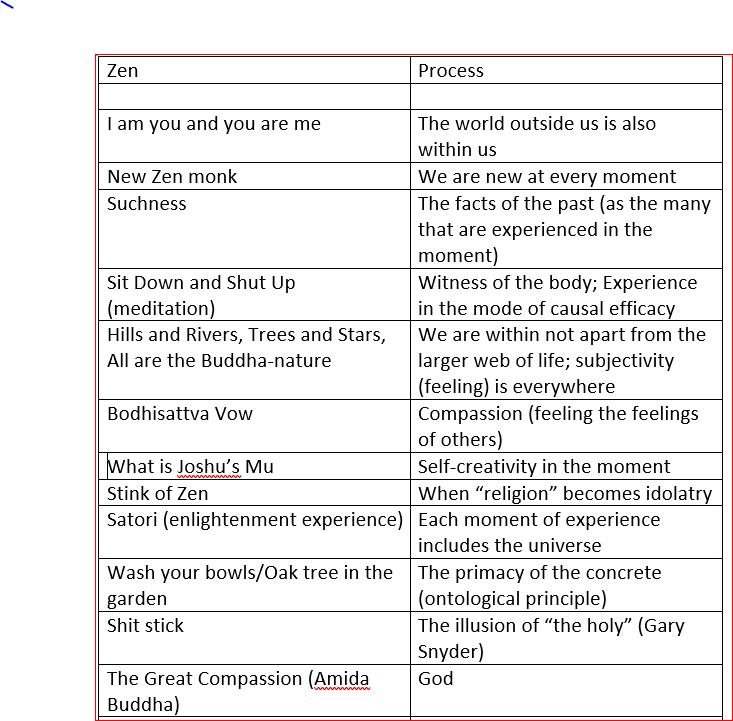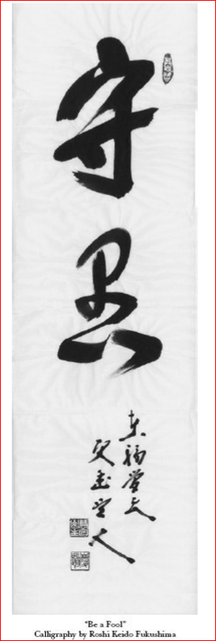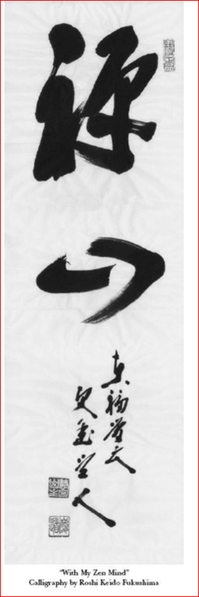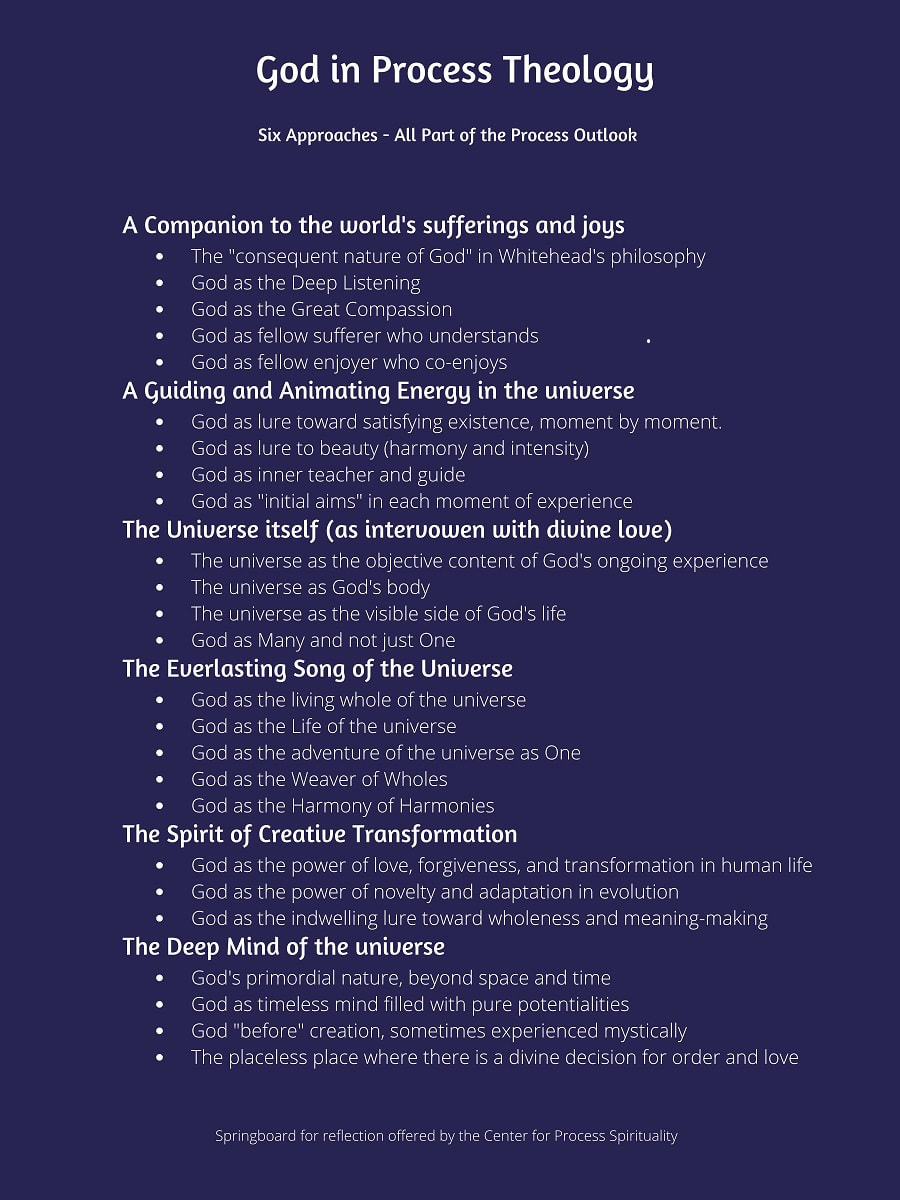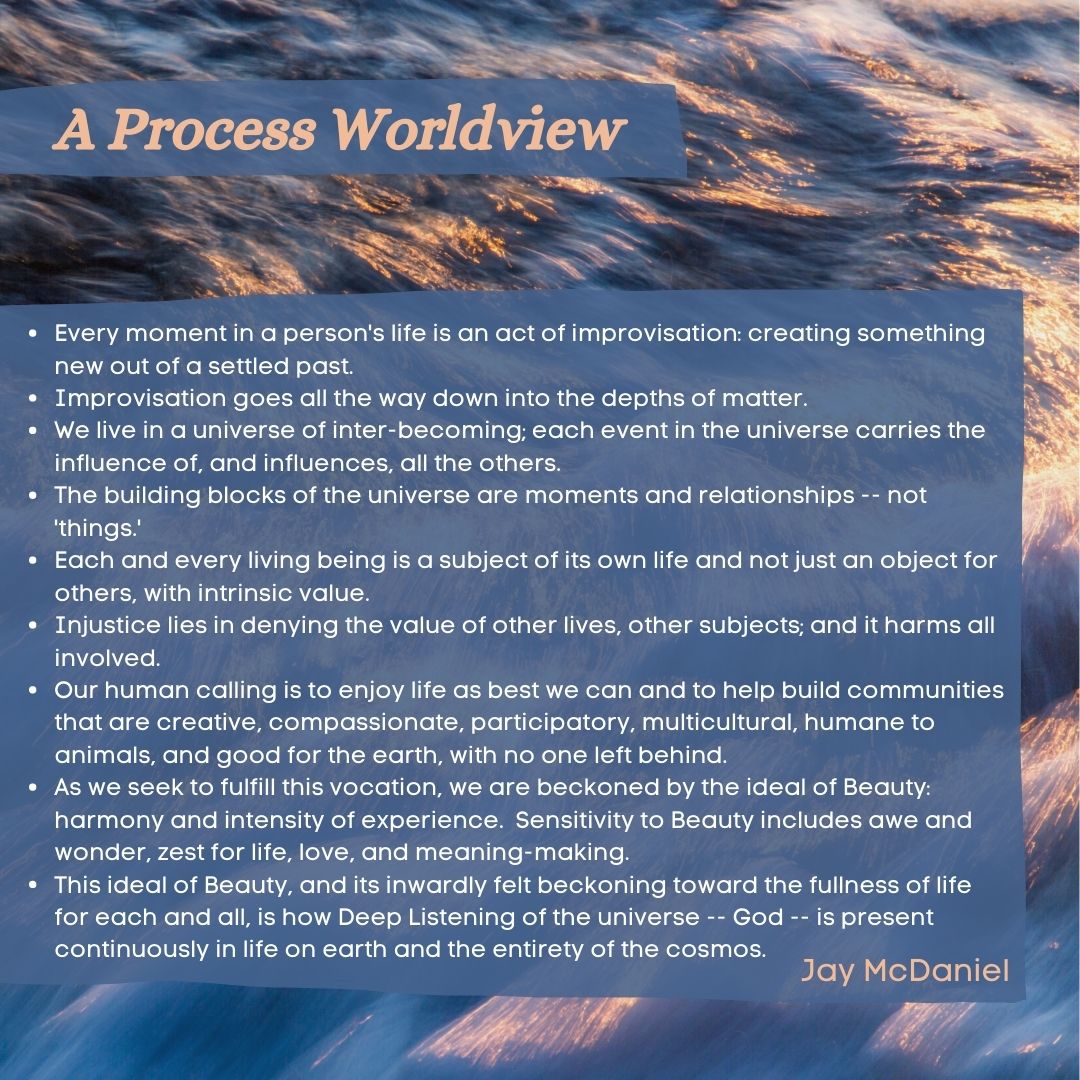- Home
- Process Worldview
- Community
- Art and Music
- Whitehead and Process Thinking
- Podcasts
- Spirituality
- Ecological Civilization
- Education
- Contact
- Social Justice
- Science
- Animals
- Sacred Poems
- Whitehead Videos
- Index of All Titles
- Practicing Process Thought
- Process Spirituality: A Spiritual Alphabet
- Recent Posts
The Illusion of the Holy
a passage from Gary Snyder
Dōgen is not concerned with “sacred mountains”— or pilgrimages, or spirit allies, or wilderness as some special quality. His mountains and streams are the processes of this earth, all of existence, process, essence, action, absence; they roll being and non-being together. They are what we are, we are what they are. For those who would see directly into essential nature, the idea of the sacred is a delusion and an obstruction: it diverts us from seeing what is before our eyes: plain thusness. Roots, stems, and branches are all equally scratchy. No hierarchy, no equality. No occult and exoteric, no gifted kids and slow achievers. No wild and tame, no bound or free, no natural and artificial. Each totally its own frail self. Even though connected all which ways; even because connected all which ways. This, thusness, is the nature of the nature of nature. The wild in wild.
So the blue mountains walk to the kitchen and back to the shop, to the desk, to the stove. We sit on the park bench and let the wind and rain drench us. The blue mountains walk out to put another coin in the parking meter, and go on down to the 7-Eleven. The blue mountains march out of the sea, shoulder the sky for a while, and slip back into the waters.
Snyder, Gary. The Practice of the Wild (p. 116). Catapult. Kindle Edition.
So the blue mountains walk to the kitchen and back to the shop, to the desk, to the stove. We sit on the park bench and let the wind and rain drench us. The blue mountains walk out to put another coin in the parking meter, and go on down to the 7-Eleven. The blue mountains march out of the sea, shoulder the sky for a while, and slip back into the waters.
Snyder, Gary. The Practice of the Wild (p. 116). Catapult. Kindle Edition.
The Buddha Holds Up a Flower
Once, when the World-Honored One in ancient times was upon Vulture Peak, he held up a flower before the assembly of monks. At this all were silent. The Venerable Kashyapa alone broke into a smile. The World-Honored One said, “I have the all-pervading Eye of the True Dharma, the Secret Heart of Incomparable Nirvana, the True Aspect of Formless Form. It does not rely on letters and is transmitted outside the sutras. I now hand it on to Mahakashyapa.”
A special transmission outside the scriptures
No dependence on words and letters
Direct pointing to the soul of man
Seeing into one’s nature and the attainment of Buddhahood
Emperor Wu asked the great teacher Bodhidharma:
“What is the first principle of the holy teaching?”
Bodhidharma said, “Vast emptiness, nothing holy.”
“Who are you, standing here in front of me?” asked the emperor.
“I don’t know,” said Bodhidharma.
– Blue Cliff Record, Case 1 & Book of Serenity, Case 2
Wisdom and Compassion
METTA SUTTA
In safety and in bliss
May all creatures be happy.
Whatever breathing beings there may be,
No matter whether they are frail or firm,
With none excepted, be they long or big
Or middle-sized, or be they short or small
Or thick, as well as those seen or unseen,
Or whether they are far or near,
Existing or yet seeking to exist,
May all creatures be of a blissful heart.
And just as might a mother with her life
Protect the son that was her only child,
Let him too with love for all the world
Maintain unbounded consciousness in being
Above, below, and all round in between,
Untroubled, with no enemy or foe.
And while he stands or walks, or while he sits
Or while he lies down, free from drowsiness,
Let him resolve upon this mindfulness:
This is Divine Abiding here, they say.
Novak, Philip. The World's Wisdom (p. 74). HarperOne. Kindle Edition.
Zen Stories/Process Commentary
Mu A monk once asked Master Joshu, “Has a dog the Buddha Nature or not?” Joshu said, “Mu!”
Wash Your Bowls. Once a monk made a request of [Master] Joshu: “I have just entered the monastery,” he said, “please give me instructions, Master.” Joshu said: “Have you had your breakfast?”
“Yes I have,” replied the monk. “Then,” said Joshu, “wash your bowls.” The monk had an insight.
Oak Tree. A monk asked Joshu, “What is the meaning of the Patriarch’s coming from the West?” Joshu answered, “The oak tree in the front garden.”
Why Practice? Ummon said, “Look! This world is vast and wide. Why do you put on your priest’s robe at the sound of the bell?”
Shit-Stick. A monk asked Ummon, “What is Buddha?” Ummon said: “A shit-stick!”
Flapping Mind Two monks were arguing about a flag. “The flag is flapping,” said one. “No,” said the other; “the wind is flapping.” The argument went back and forth. The Master happened to be passing by. He told them: “Not the wind, not the flag; your minds are flapping.”
Is That All? Master Baso asked Master Hyakujo what truth he taught. Master Hyakujo raised his fly-whisk. Baso said: “Is that all? Nothing else?” Master Hyakujo lowered his fly-whisk.
When Hungry, I Eat Master Rinzai said: “When hungry, I eat; when tired, I sleep. Fools laugh at me. The wise understand.”
Stinking of Zen On his death-bed a Master was asked by his disciple and Dharmaheir: “Master, is there anything else that I need to know?” “No,” said the Master, “I am quite satisfied by and large. But there is one thing that still worries me.” “What is it?” asked the heir. “Please tell me so I can set it right.” “Well,” said the Master, “the trouble is you still stink of Zen.”
Novak, Philip. The World's Wisdom (pp. 102-103). HarperOne. Kindle Edition.
My Experience with Zen
My experience:
What I don’t look for in Zen:
What I do look for in Zen:
How Zen fits into the larger context of Buddhism
- English teacher for a Zen Master from Japan
- Student of John Cobb, leading process theologian
- Author of “What is Process Thought? Seven Answers to Seven Questions”
- A Christian-influenced-by-Buddhism
What I don’t look for in Zen:
- prophetic passion to bring about social change.
- system of ideas by which to understand the world. Zen is not about philosophical systems.
- Belief in a personal God who loves the world
What I do look for in Zen:
- help with finding a personal “center” from which to live the best life I can
- a general “attitude toward life” which gives me perspective
- a practice: Zen meditation
- a reminder of the ultimacy of concrete experience.
- attention to the suchness of things
How Zen fits into the larger context of Buddhism
- Zen originates in China
- Moves to Japan, Vietnam, Korea
- Emphasizes meditation and self-power
Additional Resources
- Don't Bow: Grace Jill Schireson
- Tibetan Buddhism in Process Perspective
- All is Void and there is no Buddha
- Buddhism Resource Page
- Whitehead and Zen Buddhism
- Why Christians Turn to Buddhism: Six Reasons
- Imagining a Methodist Buddhist
- Becoming: East and West
- Can a Christian Be a Buddhist, Too?
- On Being English Teacher for a Zen Master
- Whitehead and Chinese Philosophy
- Process Theology and the Tibetan Book of the Dead: Songs from the Bardo
- Becoming a Drop of Kindness: Yungchen Lhamo, Tibetan Buddhism, and Whitehead
- When I Fall Down I Get Up Again: Short Reflections on Whitehead and Zen
